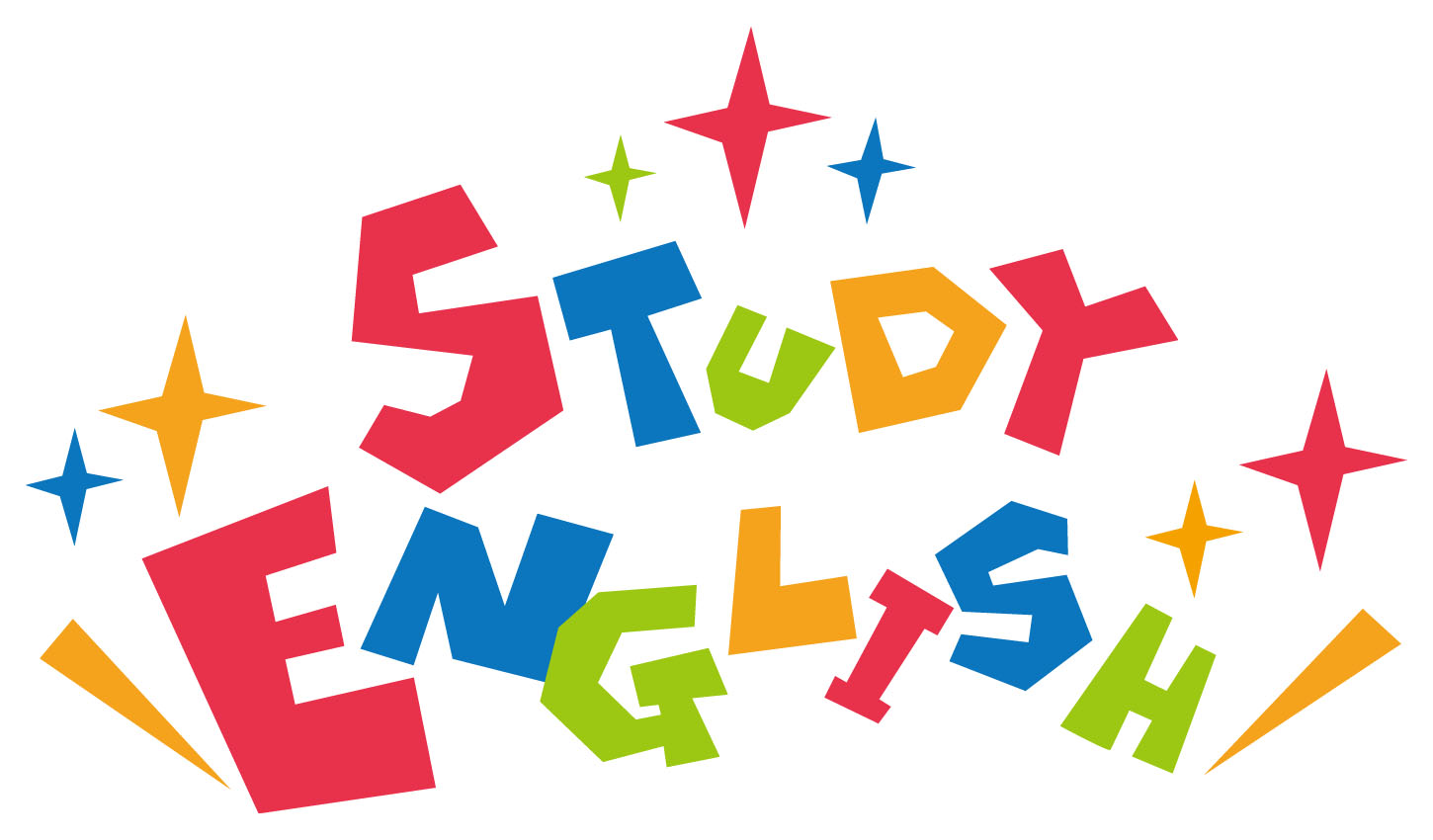
英文法について、以下のような構成で、教科書のようなテキストをつくっていこうと思います。
最初は、粗削りかもしれませんが、少しずつ改善も加えていくつもりです。

にほん村ブログランキングの応援、よろしくお願いします!
にほんブログ村
- Present Simple (現在形):
- I work at a software company. (私はソフトウェア会社で働いています。)
- He always takes a walk in the park. (彼はいつも公園を散歩します。)
- Present Continuous (現在進行形):
- They are studying for the exam. (彼らは試験勉強をしています。)
- She is currently working on a new project. (彼女は現在、新しいプロジェクトに取り組んでいます。)
- Present Perfect (現在完了形):
- We have finished our presentation. (私たちはプレゼンテーションを終えました。)
- He has traveled to many countries. (彼は多くの国を旅行しました。)
- Past Simple (過去形):
- She visited her parents last weekend. (彼女は先週末に両親を訪ねました。)
- They studied English in high school. (彼らは高校で英語を勉強しました。)
- Past Continuous (過去進行形):
- I was watching a movie when he called. (彼が電話をかけてきた時、私は映画を見ていました。)
- They were playing soccer in the park yesterday. (彼らは昨日、公園でサッカーをしていました。)
- Past Perfect (過去完了形):
- By the time we arrived, the movie had already started. (私たちが到着した時には、映画は既に始まっていました。)
- She had finished her homework before going to bed. (彼女は寝る前に宿題を終えていました。)
- Future Simple (未来形):
- They will meet at the café tomorrow. (彼らは明日、カフェで会います。)
- I will send you the report later. (後でレポートを送ります。)
- Future Continuous (未来進行形):
- We will be studying for the exam this time next week. (来週のこの時間には試験勉強をしています。)
- She will be traveling to Paris next month. (彼女は来月、パリに旅行します。)
- Future Perfect (未来完了形):
- By the time you arrive, we will have finished the meeting. (あなたが到着する頃には、私たちはミーティングを終えています。)
- He will have completed the project by the end of the month. (彼は月末までにプロジェクトを完成させています。)
- Auxiliary (or Modal) Verbs (助動詞):
- You should take a break and relax. (休憩を取ってリラックスすべきです。)
- They can speak multiple languages. (彼らは複数の言語を話すことができます。)
- Subjunctive Mood(仮定法):
- If I won the lottery, I would buy a house.(もし私が宝くじに当たったら、家を買うのに。)
- If I had studied harder, I would have passed the exam.(もし私がもっと一生懸命勉強していたら、試験に合格していただろう。)
- Passive Voice (受動態):
- The report was written by John. (そのレポートはジョンによって書かれました。)
- The project will be completed by the end of the week. (そのプロジェクトは週末までに完了されるでしょう。)
- Reported Speech (間接話法):
- She said, “I will attend the meeting tomorrow.” (彼女は「明日、会議に参加する」と言いました。)
→ She said that she would attend the meeting the next day. (彼女は翌日、会議に参加すると言いました。)
- She said, “I will attend the meeting tomorrow.” (彼女は「明日、会議に参加する」と言いました。)
- Relative Clauses (関係代名詞節):
- The person who called earlier is my boss. (先ほど電話をかけた人は私の上司です。)
- I like the book that you recommended. (あなたが勧めてくれた本が好きです。)
- Gerunds and Infinitives (動名詞と不定詞):
- I enjoy swimming in the ocean. (私は海で泳ぐことが楽しいです。)
- He decided to quit his job and start his own business. (彼は仕事を辞めて自分のビジネスを始めることを決めました。)
- Articles (冠詞):
- I bought a new laptop. (私は新しいノートパソコンを買いました。)
- Can you pass me the pen? (そのペンを私に渡してもらえますか?)
- Prepositions (前置詞):
- She is going to the office. (彼女はオフィスに行きます。)
- The book is on the table. (その本はテーブルの上にあります。)
- Comparatives and Superlatives (比較級と最上級):
- He is taller than his brother. (彼は兄よりも背が高いです。)
- This is the best movie I’ve ever seen. (これは私が今まで見た中で最高の映画です。)
- Adverbials (副詞句):
- She finished the work quickly. (彼女は仕事を素早く終えました。)
- He goes to the gym twice a week. (彼は週に2回ジムに行きます。)
- Phrasal Verbs (句動詞):
- She turned off the lights before leaving. (彼女は出かける前に照明を消しました。)
- They will look into the issue and get back to you. (彼らはその問題を調査して、後日連絡します。)

